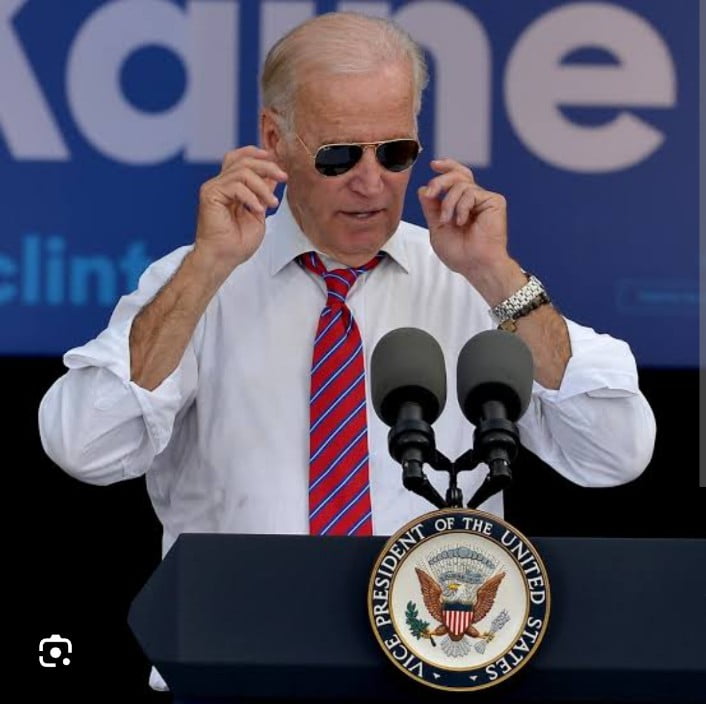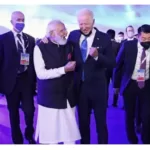In a landmark move that is certain to amplify existing tensions between the United States and China, President Joe Biden’s administration has granted its first-ever direct military aid package to Taiwan. Under the Foreign Military Financing programme, the State Department, in a notice to Congress, disclosed the allocation of an $80 million assistance package to Taipei. This historic shift signifies a departure from the customary sales of weaponry to Taiwan, introducing direct financial support under a program predominantly catering to sovereign nations through grants or loans.
The audacious step is poised to be a source of discontent for Beijing, an unmistakable assertion of US-Taiwan cooperation in the face of China’s growing regional influence. Though formal diplomatic recognition remains in favor of Beijing, the Taiwan Relations Act obligates the United States to provide self-governing Taiwan with defensive weaponry.
Previously, the US adhered to indirect military transactions through arms sales, cloaked in a business-like demeanor through formal statements at Taiwan’s de-facto embassy. However, this first-of-its-kind assistance does not equate to a diplomatic recognition of Taiwan’s sovereignty, as underscored by the State Department.
A spokesperson for the State Department articulated, “Consistent with the Taiwan Relations Act and our longstanding One China policy, which has not changed, the United States makes available to Taiwan defense articles and services necessary to enable it to maintain a sufficient self-defense capability.” The spokesperson further emphasized the US commitment to regional peace and stability.
The aid, although modest in comparison to recent sales, has garnered appreciation from Taiwan’s defense ministry, asserting its potential to contribute to regional stability. However, the announcement remains without official details or a formal declaration.
Congressional approval is imminent, with bipartisan support bolstering the assistance package. Representative Mike McCaul, the Republican chair of the House Foreign Affairs Committee, lauded the move for reinforcing Taiwan’s defenses and bolstering US deterrence against an increasingly assertive Chinese Communist Party.
The US-China relationship, characterized by complex negotiations and intermittent dialogue, is grappling with Taiwan as a pivotal point of friction. China’s heightened military exercises and warnings in response to US-Taiwan interactions underscores the island’s importance within the context of US-China relations.
In a dual display of support for Taiwan, the Biden administration’s recent actions also echo the military aid extended to Ukraine in its resistance against a Russian invasion. As the geopolitical landscape continues to evolve, this strategic maneuver is set to recalibrate dynamics in the Asia-Pacific region and is likely to echo well beyond the confines of regional boundaries.
Source AFP







